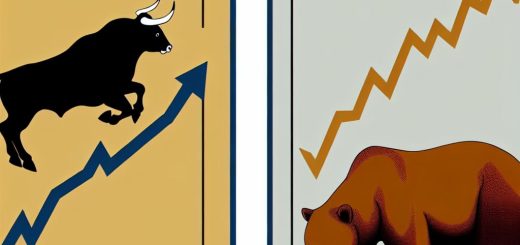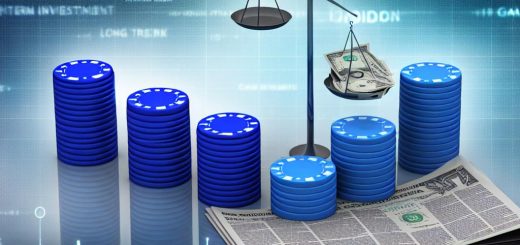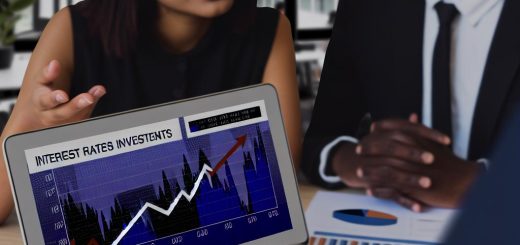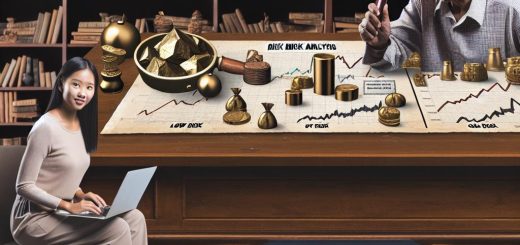What are CFD:S
CFD is an abbreviation of Contract for difference. They are a type of financial instrument based on an underlying financial asset such as a stock or a currency pair. They are in essence a way to make leverage trades on the underlying assets. The size of the leverage can vary greatly. Up to x500 is common for currency pair and x250 for stocks.
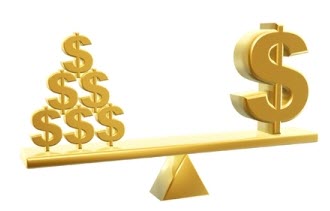
If you buy a x250 CFD based on a stock then that CFD will go up or down in value 250 % for every percentage that the stock goes up or down in value. A CFD will make it possible to earn a lot of money with small investment. If you buy a x250 CFD than that means that you can make the same profit or loss as you would have done if you bought 250 shares.
It is important to understand that you never own the underlying asset if you buy a CFD. You have simple bought the right to the difference in value between the time you bought the CFD and time you sold it. You also assumed the liability to cover the loss if the value goes down.
Are they a scam?
No. CFD certificates are not a scam. They are a way to make leverage traders on different underlying assets. With that being said. They are a high risk instrument. You can lose more money than you invested (or have in your account). They are as such an instrument that most investors should avoid.
There have been several cases where unscrupulous advisers have recommended CFD certificates to investors that didn’t understand the risk. Investors who lost a lot of money but this does not turn CFD certificates into a scam. It just means that the financial advisers where unreliable scammers.
How do I find a good broker?
There are a large number of good CFD brokers. You should look to find one that specialize in the type of underlying assets you want to trade with. It is a very bad idea to register with a CFD broker that specialize in currency based CFD:s if you want to trade stock based CFD:s. The quickest way to compare brokers and find a good one that suits your needs it to visit a review websites that offer a CFD broker comparison table.
Does the broker make money if I lose money?
No. CFD brokers does not make money if you lose money. It is in their interest that you earn money. The more you earn and the bigger trades you do the more money they are going to earn.
Does the broker hedge my position on the open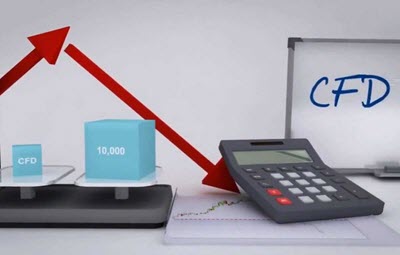 market?
market?
Yes. All major CFD brokers will hedge your position on the open market by buying the corresponding underlying asset. This is why you have to pay an overnight fee if you keep your CFD:s over night. It is interest on the money the broker has to use to hedge your position on the open market.
How does the brokers make money
A CFD broker makes money on two different ways.
- By the spread. The difference between the purchase price and the sale price of a CFD.
- Overnight fees when you hold your certificates over night. This fees might seem rather small but they are very lucrative for the broker that get a high risk free interest rate on their money.
What is the overnight fee
The overnight fee is a fee that you need to pay if you want to hold your CFD certificates over night. The fee is charged for each and every night you keep a CFD. The fee is based on the totally value of then underlying stock. It is basically interest on the money the broker used to hedge your CFD position on the market. They want to make an interest on that money and the overnight fee is that interest. The overnight fee is usually based on the national interest rate plus a certain percentage.
The fee is usually not very high but it is still very profitable for large brokers that charges the fees on positions worth hundreds of millions or even billions.
Who should trade with CFD:S
CFD certificates are high risk financial instruments and they should only be used by experience traders that understand the risks. You can lose more money then you invested.
They can be very good to leverage small market movements to make a lot of money in a slow market. Many day traders use CFD:S to be able to earn a lot of money on small investments.
This article was last updated on: March 12, 2025
